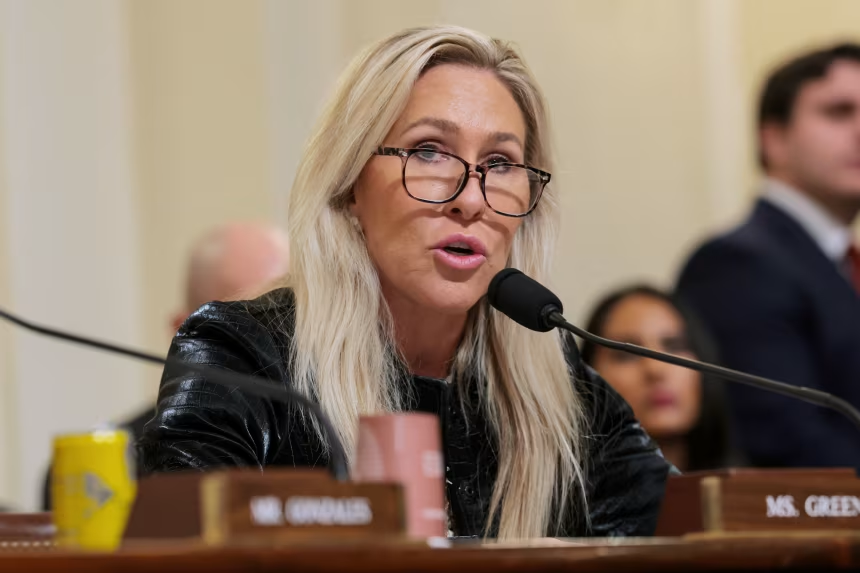The path to Wall Street has become more competitive and demanding than ever, yet a growing number of college students are racing to secure their place in the finance world — often before they even reach their junior year, Business Insider reports.
In the late 1980s, aspiring financiers like Gustavo Schwed, now a professor at New York University, didn’t begin seriously considering their careers until well into college. Today, students eyeing positions at investment banks, hedge funds, and private equity firms are expected to start preparing as early as their freshman year, aiming to land internships that could shape their entire professional future.
“The game has changed,” Schwed reflected. “People didn’t give their job as much thought until, really, the summer between their junior and senior year — if then.”
A recent Business Insider survey of 150 undergraduate students from institutions such as the University of Pennsylvania, Georgetown, and NYU illustrates just how dramatically the finance career track has shifted. Students are navigating a hyper-competitive environment where timelines are accelerating, expectations are sky-high, and the risks of falling behind are ever-present.
Even those who have embraced the grind admit the system feels extreme.
“I am a sophomore in college, and it’s kind of outrageous that we have to decide at this age — I just turned 20 — what my first job is out of college,” one Wharton student said.
The traditional route — investment banking — remains the top choice for aspiring financiers, with 74% of surveyed students saying they intend to start their careers there. Students cite the breadth of exit opportunities, from hedge funds to private equity, as a key draw, even as they acknowledge the job’s punishing hours and intense stress.
Entry-level analysts and associates can work upwards of 80 to 100 hours a week, often tackling tedious tasks with little room for error. These pressures, combined with growing concerns about workplace health, have sparked renewed conversations about burnout. While some firms have introduced guardrails in response to tragic incidents and mounting public scrutiny, many students remain skeptical of lasting change.
“It’s a culture of giving back, but in a negative way,” said one NYU junior. “People I talk to are like: ‘You guys are so lucky — back in my day, you slept at the desk.'”
Another student added bluntly:
“Part of my consideration for asset management was definitely like, I would not risk my own mortality by a career choice.”
While concerns about long hours and high stress are widespread, compensation and future opportunities top the list of what drives students toward finance. The vast majority cited pay and career mobility as their most important considerations when evaluating job options.
First-year analysts at investment banks can expect base salaries above $110,000, with year-end bonuses that can bring total compensation well past $150,000 — a significant draw for those seeking financial independence straight out of college.
In terms of long-term goals, most students surveyed said they value financial freedom, winning or being part of a successful team, and exposure to high-profile opportunities. Fewer were motivated by meaningful work or work-life balance, suggesting that many are prioritizing wealth and status in the early stages of their careers.
Dream jobs among respondents varied widely but frequently pointed toward entrepreneurship, private equity, and hedge funds — roles that offer both financial upside and greater autonomy. Only a small minority envisioned themselves in investment banking for the long haul.
Many students expressed a clear-eyed understanding of the sacrifices that may come with launching a finance career. Some viewed the early years as a necessary, even honorable, rite of passage.
“My goal, especially right out of college in those first five years… is to work as hard as I can,” said one Wharton sophomore. “I think people that work hard get rewarded.”
Others, however, said they were already drawing boundaries. One NYU student preparing for a summer internship put it succinctly:
“There’s just certain things I won’t compromise regardless of outcome. I think dying is one of those things.”










The latest news in your social feeds
Subscribe to our social media platforms to stay tuned